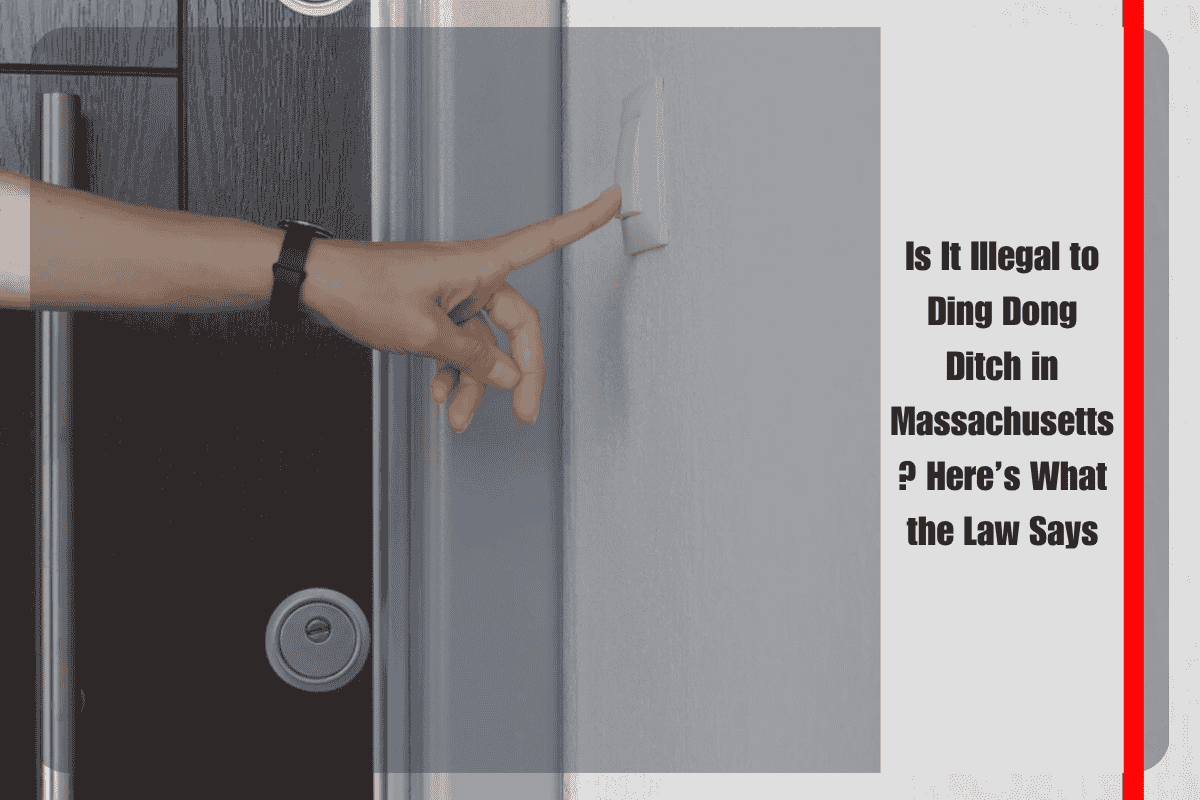Ding dong ditching—ringing someone’s doorbell and running away—can carry legal consequences in Massachusetts, though it is not addressed by name in state statutes. The act itself is not explicitly illegal, but it can cross into unlawful territory depending on circumstances and specific local ordinances.
In Massachusetts, you can be charged with disorderly conduct or disturbing the peace if your prank “seriously annoys, disrupts, or alarms” residents, especially if it is repeated or occurs late at night. A first-offense disturbing the peace charge can carry a fine of up to $150, or up to six months in jail if the behavior continues or escalates. If ding dong ditching becomes persistent, targets the same person multiple times, or results in significant annoyance or fear—particularly if combined with other pranks like vandalism or harassment—it is far more likely to be treated as a criminal matter rather than a harmless childhood prank.
If you are caught, police may simply issue a warning, especially if you are a minor and it is your first offense. However, repeated instances can result in a summons to court and the possibility of fines or other consequences. Ultimately, Massachusetts law treats pranks like ding dong ditch as potentially illegal, depending on intent, frequency, time of day, and impact on the victim’s peace and quiet.
Sources
[1] https://www.pumphreylawfirm.com/blog/is-ding-dong-ditching-as-harmless-as-pranksters-think/
[2] https://www.legalreach.com/blog/is-ding-dong-ditching-illegal-it%E2%80%99s-more-serious-than-you-might-think
[3] https://local.newsbreak.com/news/4080283292394-is-it-illegal-to-ding-dong-ditch-in-massachusetts-here-s-what-the-law-says
[4] https://www.avvo.com/legal-answers/is-it-allowed-to-ding-dong-ditch–5329846.html
[5] https://www.youtube.com/watch?v=S4ksT6lvfGc












